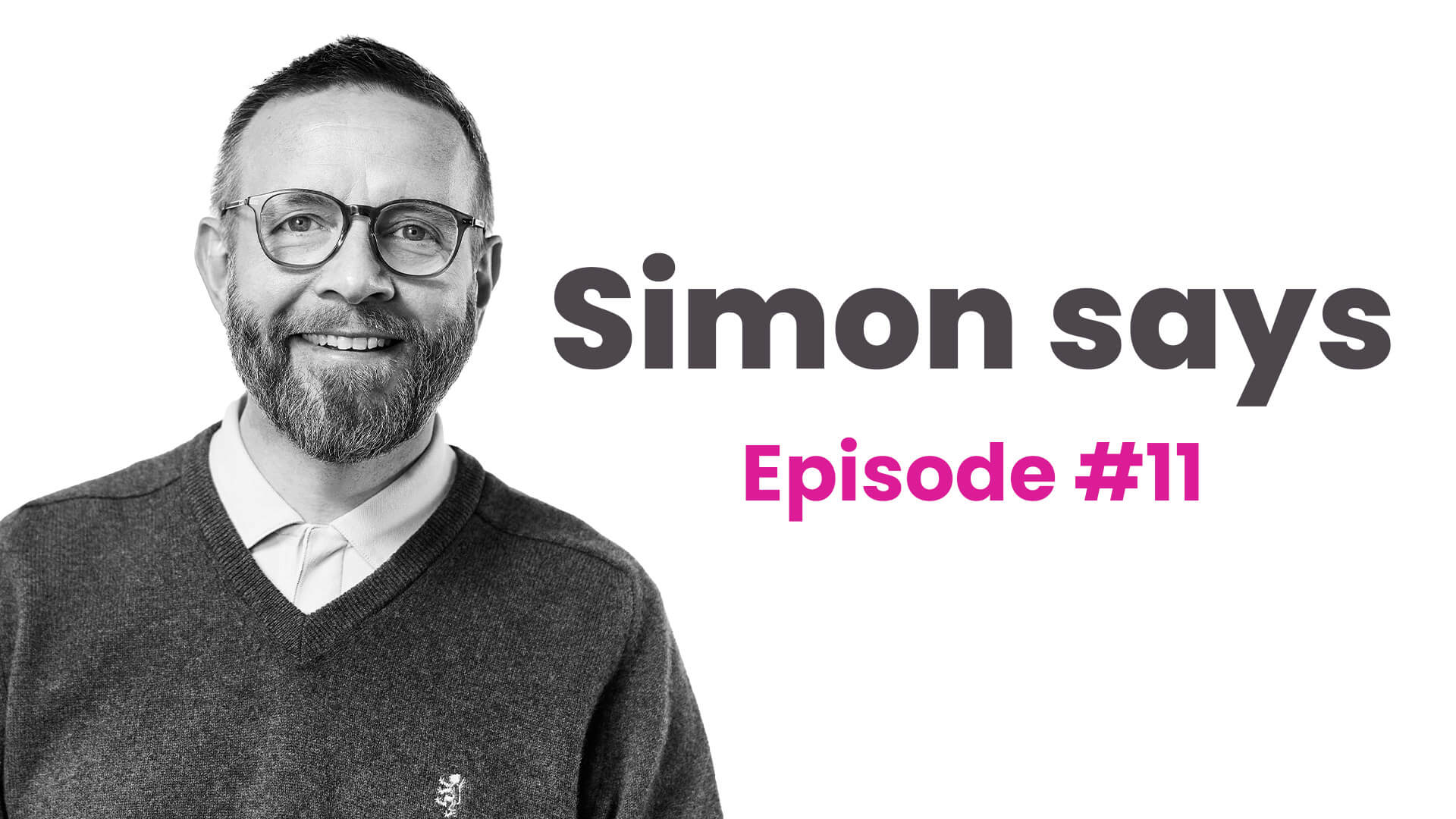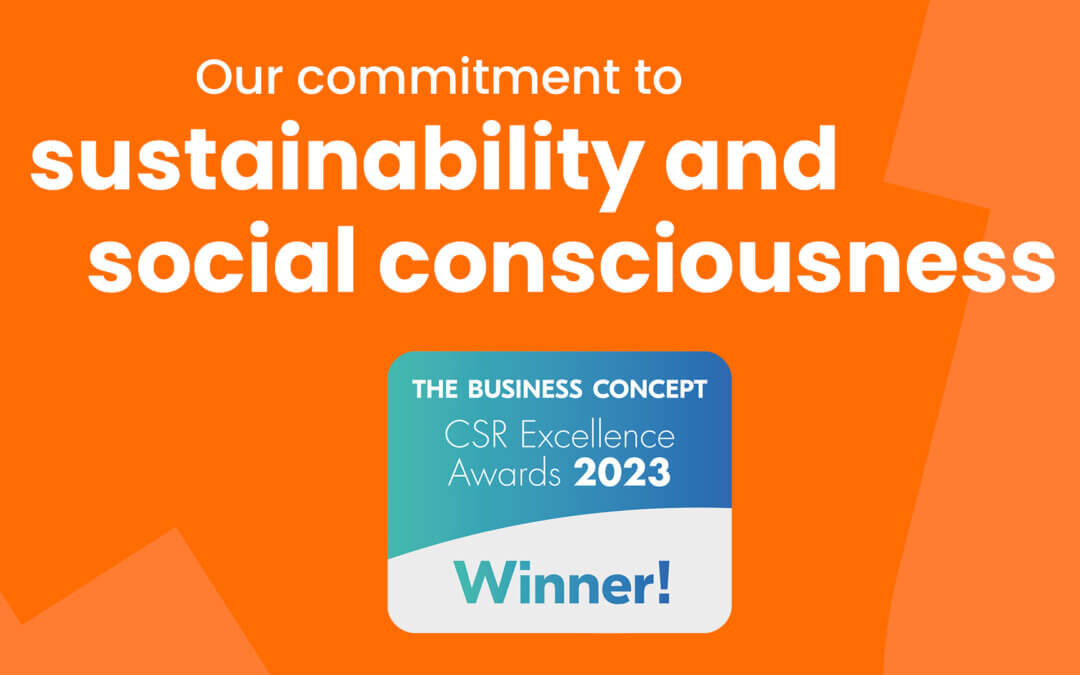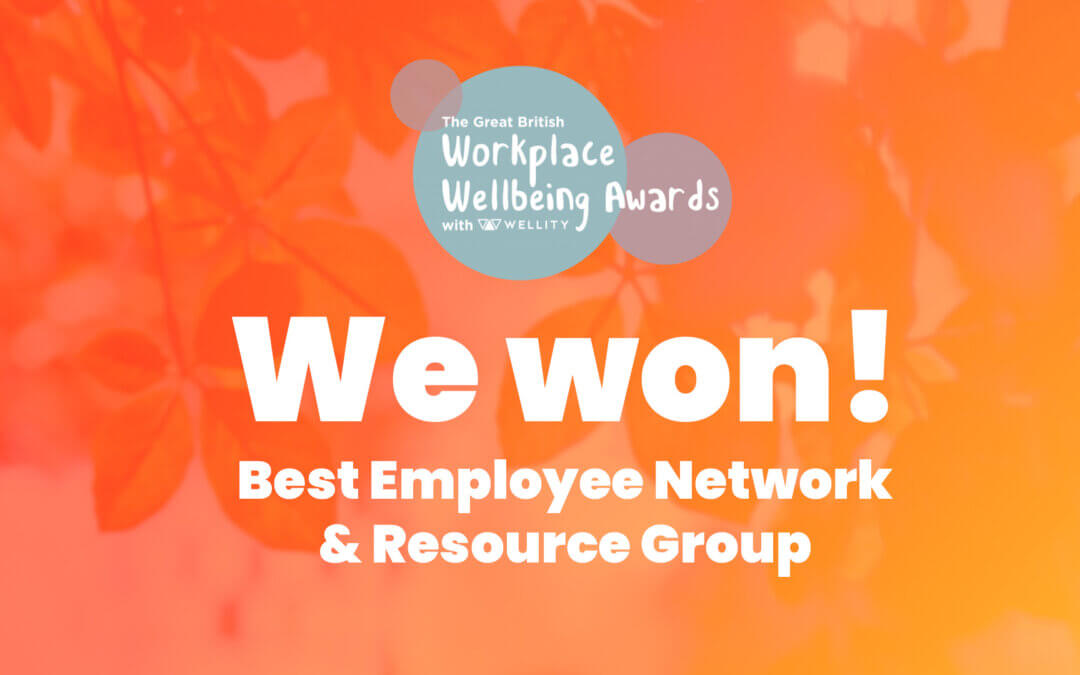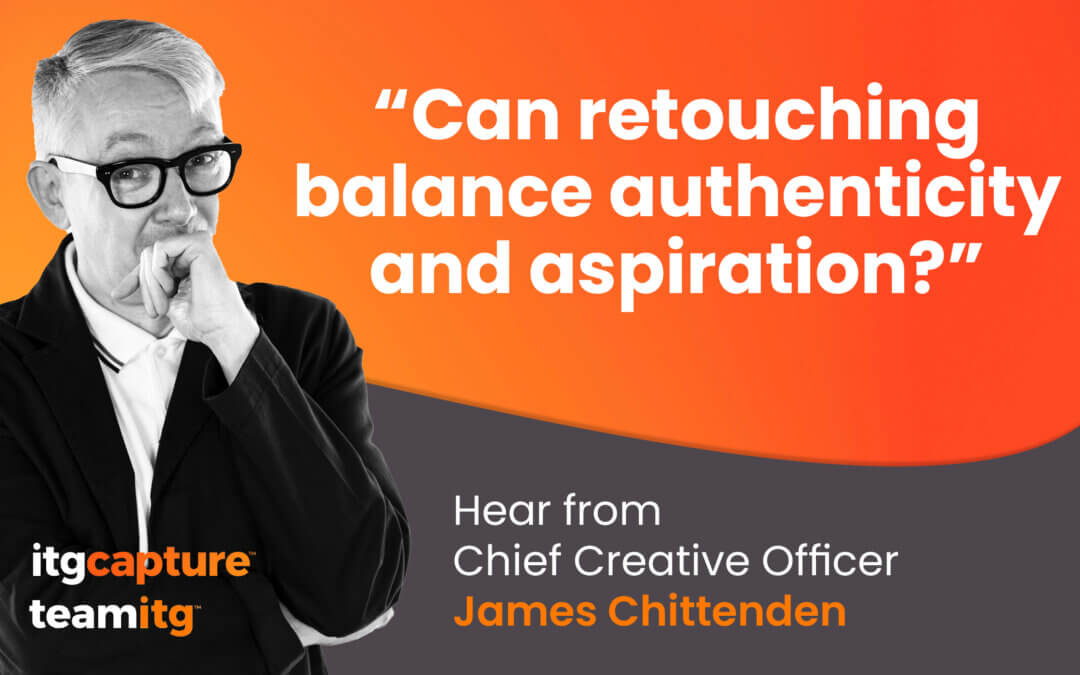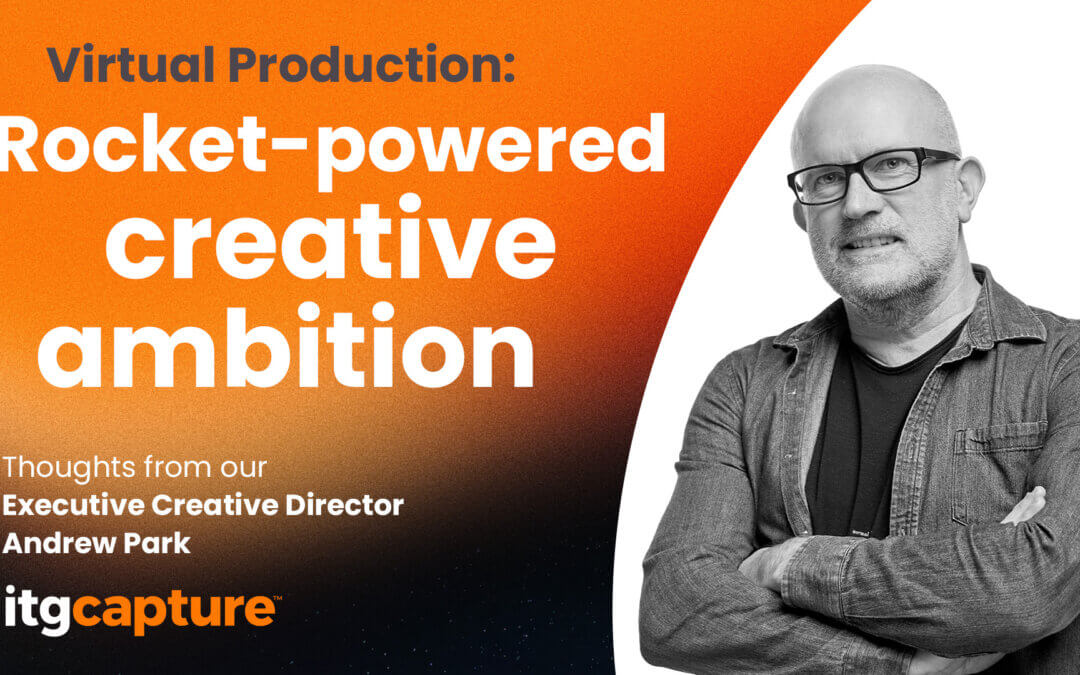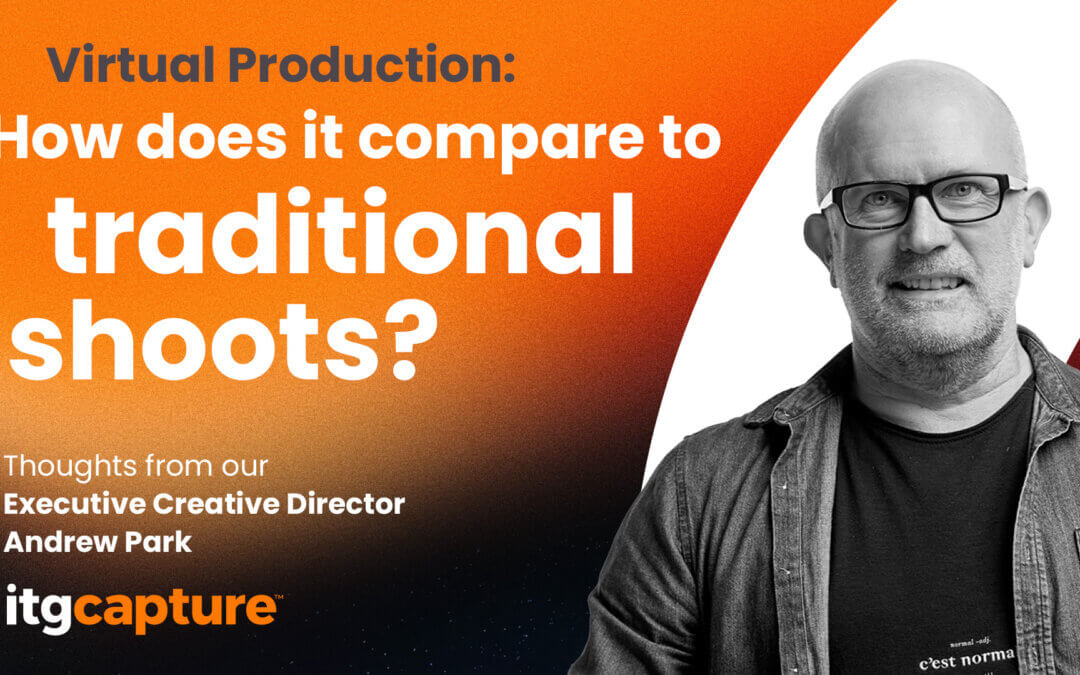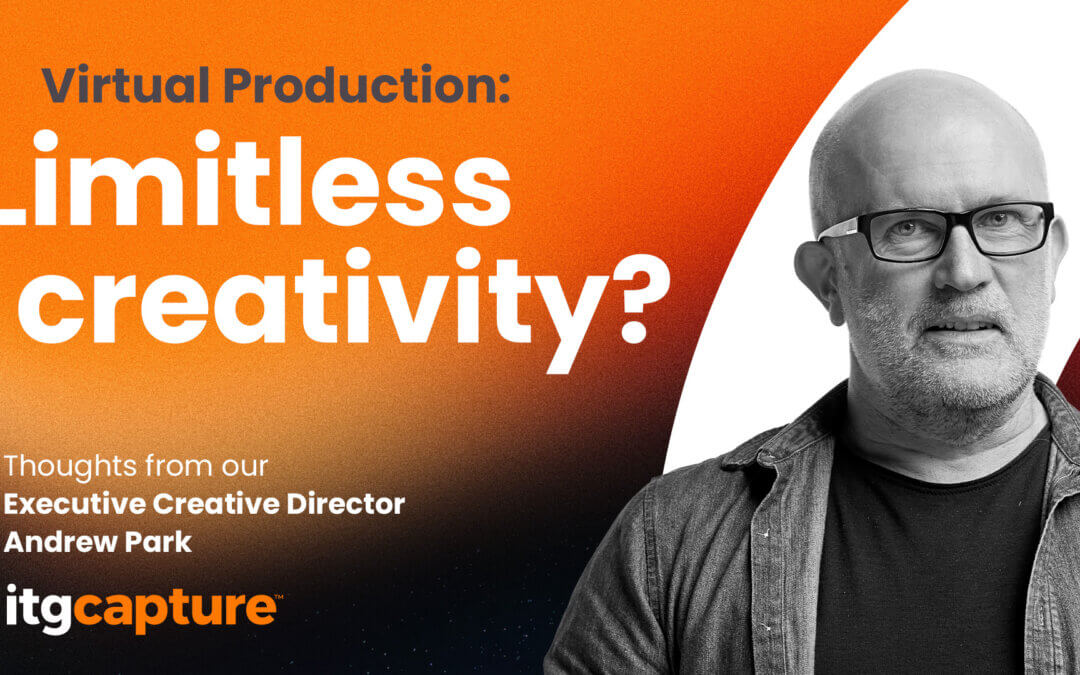You might have seen ITG’s recent involvement with Peace One Day’s ‘Anti-Racism Live’, a fantastic livestream event delivered by a brilliant organisation, that we were exceptionally proud to sponsor. This isn’t a new venture for ITG or myself – in fact, all of the companies I’ve been involved with have been committed to charity and community support.
This can range from financial help, to donating time and resources, encouraging staff to take paid Volunteer Days and more, but however you go about it, I firmly believe that it should be a key part of a company’s values.
Working with Peace One Day is a personal commitment to an inspirational global mission, building on the many good causes supported by the companies I have managed.
Supporting local causes
I founded Inspired Thinking Group in 2009 with a group of like-minded friends. Although it has grown to be a global business, with enterprise clients around the world, we established its head office in Birmingham UK, and since its inception it has supported charities, businesses, groups and initiatives close to our HQ and, as we expanded to London and overseas, good causes close to our new locations.
We support and mentor business start-ups in our region, offering marketing advice and providing free services to help them get up and running.
One of my personal favourites in Birmingham is Miss Macaroon, whose venture I have been privileged to support with business and marketing advice, as well as creative direction. All profits from Miss Macaroon go towards helping young people acquire lifechanging skills and build their confidence, which is vitally important. Not only that, but Miss Macaroon also makes mouth-watering French macaroons!
Another charity close to my own heart is Birmingham-based Jericho, which I support with business and marketing advice. Jericho operates social enterprises that provide work opportunities to those facing challenges in employment due to issues such as health and wellbeing needs, education barriers and communication challenges.
I am also extremely honoured to have been invited to be a trustee on the board of the Royal Society for Blind Children (RSBC), which runs its own specialist FE college for visually impaired 16–25-year-olds and provides emotional support, practical advice and fun activities for children and their families. Again, it’s another great cause that myself, and ITG, have been involved with for years.
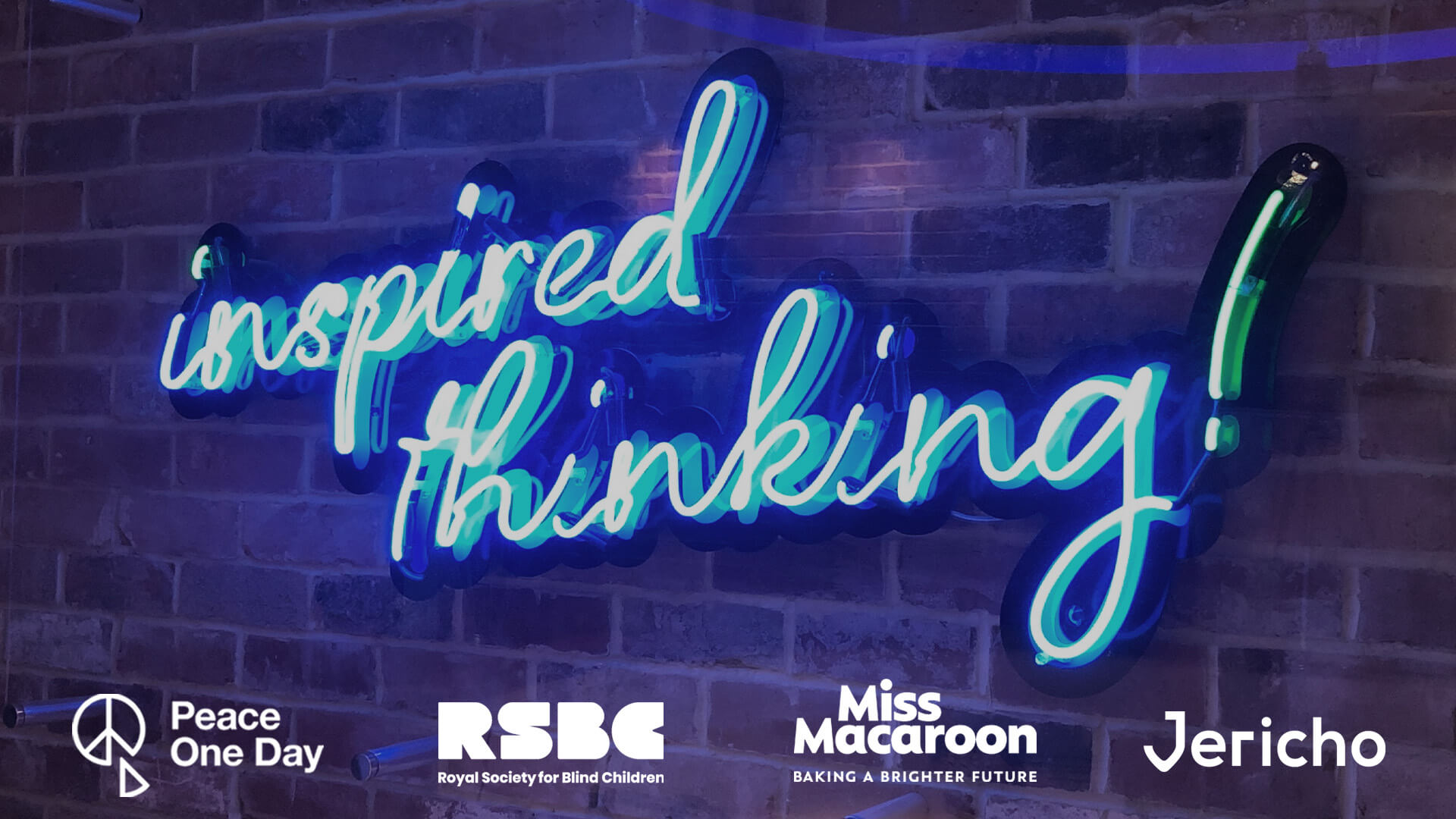
It is natural (and laudable) that companies support people in their local area. I strongly believe businesses have a duty to play an active role in their communities – a role that goes well beyond simply providing employment and buying local services.
Wellbeing
Of course, people within a company must also take care of each other. ITG has a team of over 50 Wellbeing Champions, promoting positive mental health and access to key resources. Each year, they answer hundreds of calls from employees, and while many of these are merely questions or ideas, they are also the first line of support for those experiencing wellbeing issues.
If companies see Wellbeing as just another work benefit, like medical insurance or free gym membership, they’re not really getting it. While benefits are nice to have, true Wellbeing only comes when it is ingrained in your culture.
That’s why, of all the awards and accolades we’ve won over the years, winning ‘Team of the Year’ at the 2023 Great British Workplace Wellbeing Awards is the one that makes me proudest. And we followed it up by taking home ‘Best Employee Network & Resource Group’ this year!

We also support our partners, clients and suppliers, helping them become more sustainable and move towards achieving carbon neutral status. We’ve planted around one million trees in total, and our UK operations are now completely carbon neutral.
These achievements don’t happen by accident – they’re a result of putting Wellbeing, sustainability and corporate responsibility at the very core of our culture as a business. And that brings me onto our journey with Peace One Day.
Origins of Peace One Day
Founded 25 years ago by filmmaker Jeremy Gilley MBE, the non-profit organisation’s mission is to promote discussion, raise awareness and manifest action around the United Nations (UN) International Day of Peace (IDP) or ‘Peace Day’ (21st of September), along with other initiatives that promise to improve the human condition – from sustainability and universal justice to its online Anti-Racism Live event each year on the 21st of March.
While we’d all of course like to see year-round recognition of the importance of peace, the idea behind Peace Day is to have a specific day annually when we intensify our efforts and focus on strengthening the ideals of global peace. Millions of people are involved in driving this action, and lives are saved because of it.
IDP was established by the UN General Assembly in 1981, but the date was inconsistently honoured, it asked nothing of its members and, more importantly, hardly anyone had heard of it.
Jeremy embarked on a personal mission to make Peace Day an important event that people recognised and observed, as a stepping stone to promoting wider peace in the world, and in many cases give a temporary respite from conflict to allow the movement of essential supplies such as food and medicine.
Funded by donations and corporate support, he travelled the world with his message and solicited and received support from Nobel Peace Laureates. To get a UN resolution requires two countries to propose it, and after intense lobbying, he obtained the agreement of the UK and Costa Rican governments.
In 2001, the members of the UN General Assembly unanimously voted to designate the 21st of September as a day for observing 24 hours of non-violence and ceasefire, giving crucial time for combatants to reflect on the conflict.
Anti-Racism Live
Peace One Day organises other events throughout the year, including its annual Anti-Racism Live, held on 21st of March each year, with this year’s event bringing together international figures, activists, actors and musicians for a global digital experience to raise awareness of the UN International Day for the Elimination of Racial Discrimination.
The date also commemorates those who lost their lives in the Sharpeville Massacre in 1960. Anti-Racism Day launches the six-month countdown to Peace Day on 21st of September.
If you didn’t manage to catch the livestream this year, I strongly recommend checking out this link, which features a wealth of great content from the event.
My involvement
My involvement with Peace One Day began a couple of years ago when a mutual friend asked if I might support Jeremy with a bit of business advice, helping him with business planning and future direction.
I found Jeremy to be hugely charismatic and relentless in his pursuit of his goals. It is such a massive moon shot, and yet he has had some exceptional successes. One would expect support from peace activists, but not only has he received the backing of the UN and governments all over the world for Peace Day, but he has even persuaded the Taliban to sign up to 21st of September as a day on non-violence.
Sharing his passion, I have become more and more involved, both on a business level, in terms of talking with investors and financial help, and with creative support, particularly in producing video content in which I’ve interviewed some truly inspirational figures – ranging from business and AI leaders to peace envoys and United Nations representatives.
Jeremy believes that if he can make Peace Day universally honoured, then we can stretch it to two days. Once that happens, we are on our way to the moon.
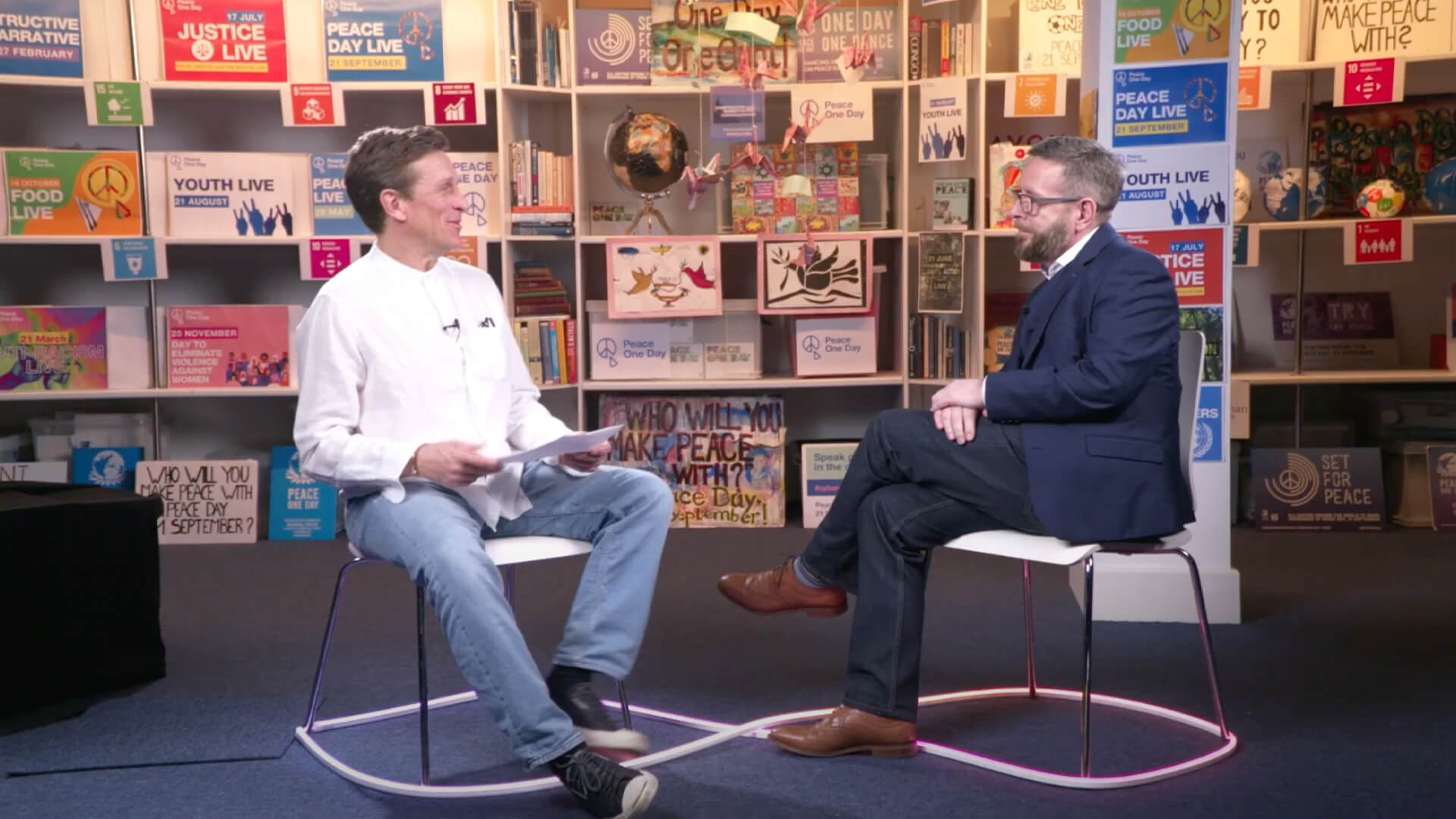
Giving back
Companies often get something of a bad rap for poor corporate responsibility, and it is true that financial return for investors has historically been given priority over everything else.
But there are signs of change in the corporate world – albeit not everywhere, and not fast enough. Yet more and more of my fellow business leaders are seeing their businesses as a fundamental part of their communities and the world, not merely as abstract profit-making concepts on balance sheets.
Showing gratitude for business success by playing a positive role in the world is the only acceptable future for businesses – and increasingly the only future we all, as consumers and citizens, will allow them.
The entire business community should be working to better the lives of everyone, and collaboration with organisations like Peace One Day is a great way to move the dial forward.
